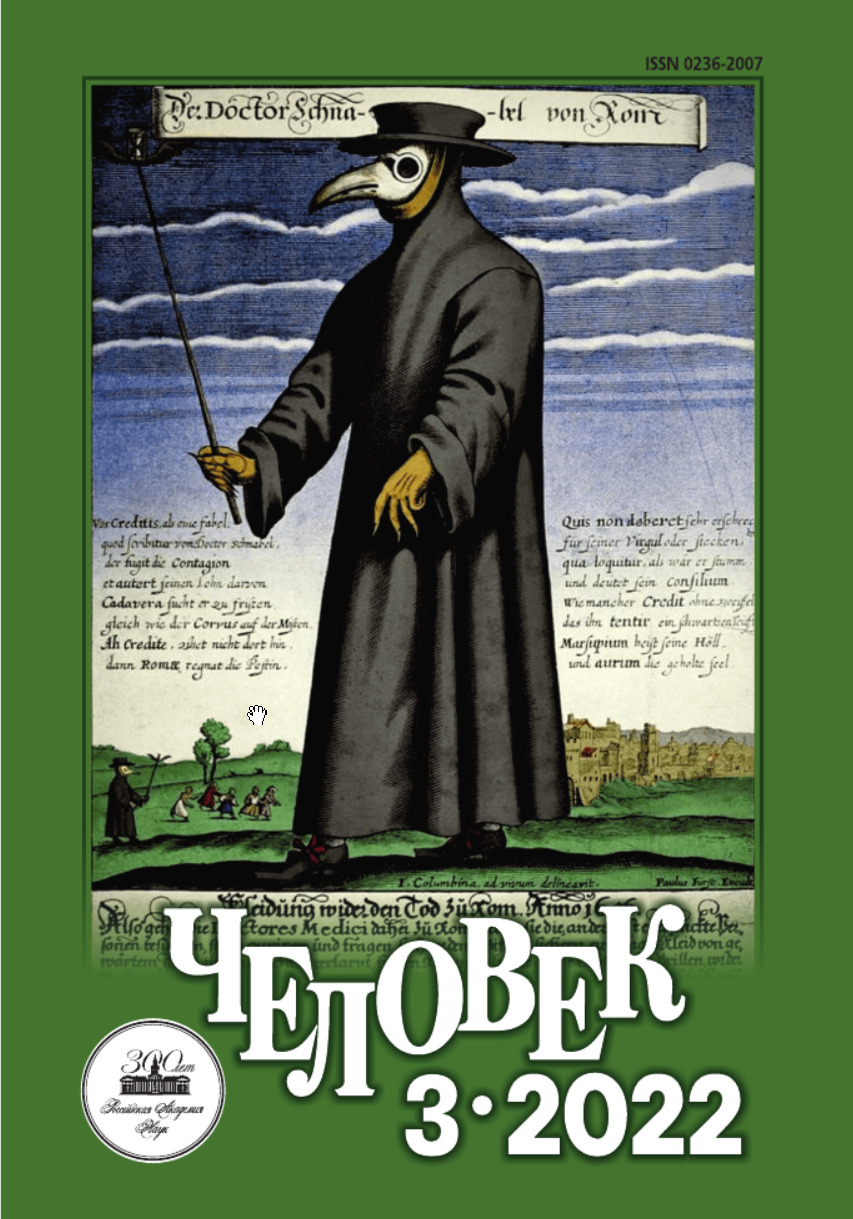Intellectual Virtues in the Infodemic Age
Keywords:
COVID-19, infodemic, post-truth, disinformation, fake news, virtue theory, Aristotle, phronesis, identity, autonomyAbstract
One of the core problems provoked by the Coronavirus pandemic is the problem of the infodemic. The abundance of informational sources, the lack of sufficient skills and opportunities for its critical comprehension make the task of understanding the infodemic by the majority of the population highly relevant and significant in the era of informatization. Principally, in conditions of a real risk to the health and life of each individual. Often, disorientation in the information space about understanding the nature of the virus and possible ways of dealing with it causes no fewer fears and even phobias than the disease itself. The article deals with the problem of infodemic as a consequence of the post-truth era. The main attention is paid to the potential possibilities of the theory of virtue epistemology in solving the problem of infodemic. Thus, to clarify the problem of disinformation in the era of a pandemic, it is proposed to follow the virtue of phronesis (as the central virtue in Aristotle's theory), which allows us to make a qualitative assessment of the epistemological context and select the necessary tools for analyzing information and its sources. Also, ways are proposed for the formation of a research identity (self), which allows you to navigate a variety of informational sources due to the loss of elemental trust in experts. To do this, two levels of self-formation are analyzed, on the one hand, with the help of the function of the other (which is considered in the role of critic, model, support and authority), and on the other hand, with the help of independent work on oneself and concern for intellectual virtues.






